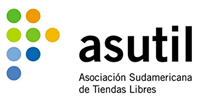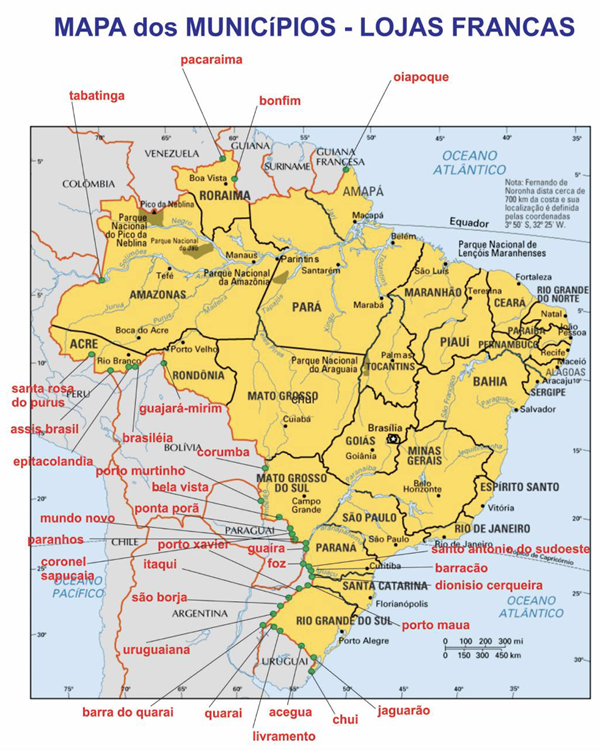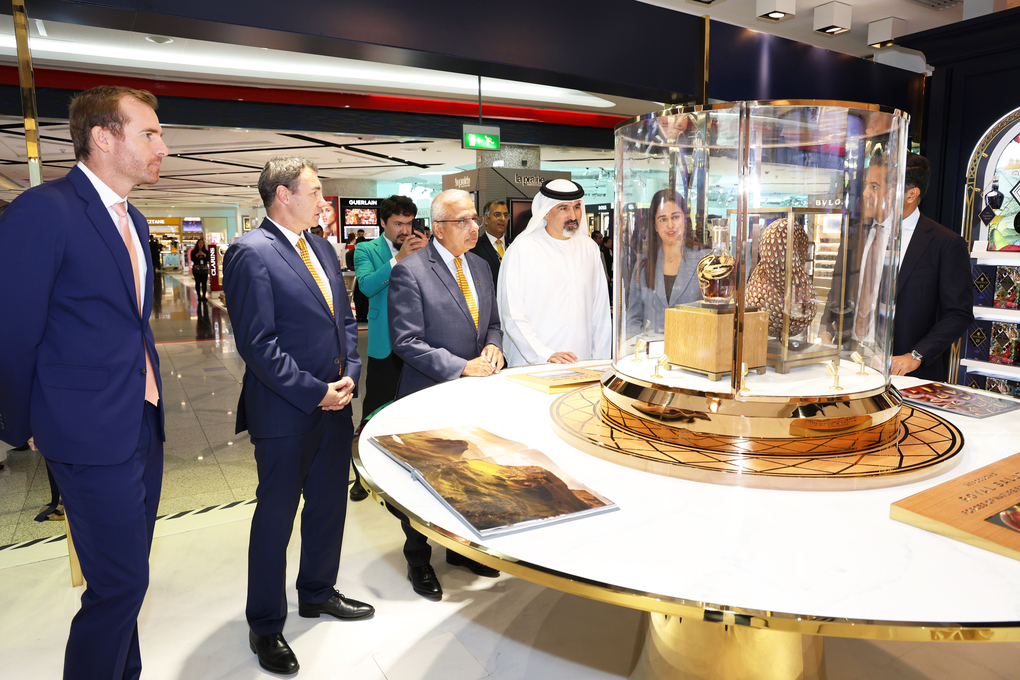
MERCHANDISE EXCLUDED FROM THE LAND BORDER DUTY FREE STORE REGIME 1. Means of transport and their parts and spare parts; oils and fuels. |
SOUTH AMERICA. South America Duty Free Association ASUTIL has called an urgent board meeting to respond to a Mercosur resolution that allows the creation of land border duty free shops across all Mercosur member and associate member countries but specifically excludes several key product groups.
The resolution, designed to harmonise land border duty free regulations, followed a meeting of the Mercosur members in Uruguay last month. The key principles (see panel below) must be incorporated into the various states’ legal systems before 1 May 2019.
“Overall, this is a step forward because all the countries agreed that they can have border stores and to harmonise the legislation. But we don’t agree and we will never approve in ASUTIL to have restrictions on products that are sold worldwide in any duty free.” – ASUTIL Secretary-General José Luis Donagaray
Mercosur is an economic and political bloc whose full members include Argentina, Brazil, Paraguay and Uruguay (Venezuela is currently suspended). Bolivia, Chile, Colombia, Ecuador and Peru are associate members. Only Uruguay among those countries currently has traditional land border duty free stores [other than those operating in free zones].
As reported though, the new Brazilian government of incoming President Jair Bolsonaro is expected to implement the long-delayed introduction of such shops early this year. The law permitting the Brazilian shops was passed in 2012 but various bureaucratic and political issues have delayed their final authorisation.
Harmonisation – but with exclusions
The Mercosur-wide harmonisation of land border duty free regulations published on 16 December 2018 paves the way for such stores to operate in all Mercosur member and associate member countries.
| MOODIE DAVITT SNAPSHOTKey principles of Mercosur/GMC/Res. No. 64/18 governing the regulation of duty free land border stores • Regional regulations allow for a special customs regime for intra-Mercosur travellers • Such shops should not erode common external tariff policies nor fair competition between the Mercosur states. Key resolutions made by the Mercosur governments • That the range of goods that can be sold in such stores be regulated • Mercosur governments will be able to authorise duty free land border shops • However, sales quantities must be regulated to prevent commercial or industry re-sale by travellers. Each Mercosur state may establish volume and value limits and “other restrictive rules according to their interests” • Certain products may not be sold. Each government can expand this exclusion list according to its own interests. • Each government’s official agency is to implement a mechanism for the exchange of information governing the total amounts of land border duty free sales to travellers from each Mercosur country. This mechanism may be governed by the bilateral exchange of tax information agreements that are in place between the countries until a Merocur system is implemented. • The land border duty free regime will be reviewed annually. • The resolution must be incorporated into the member states’ legal systems before 1 May 2019. |

However, the harmonisation details were decided without consultation with ASUTIL or its members, ASUTIL Secretary-General José Luis Donagaray told The Moodie Davitt Report.
While applauding the decision to allow land border stores in all Mercosur member states, Donagaray said that the exclusion of key categories such as tobacco, certain fashion items and “basic consumer basket” items was alarming.
“Overall, this is a step forward because all the countries agreed that they can have border stores and to harmonise the legislation,” Donagaray said. “On the one side we have great news in that the governments have agreed to give what I would say is an international status to border duty free. But we don’t agree and we will never approve in ASUTIL to have restrictions on products that are sold worldwide in any duty free. That’s the big issue.
“While we agree that you can’t sell cars, planes, motorcycles etc, there are a lot of products in the [exclusion] list that you normally sell in duty free, like cigarettes, some electronics, clothes and footwear. No-one was asked to give their opinion on the list.”
Donagaray expressed particular concern over the wording of the ‘Productos de la canasta básica’ – the basic consumer basket of goods. “The list is very generic, referring to products that you use every day. Is this perfume? A family cream? We need to work closely with the governments to have very detailed definitions because if you leave it generic, every government can interpret anything.”
While tobacco forms a very small part of the Uruguayan border trade, any exclusion of the category from duty free allowances offers a dangerous precedent, Donagaray said.
The ASUTIl Secretary-General pointed out that the harmonisation offers the right to Mercosur countries to each create land border shops but does not force them do so. “It is a decision of each country,” Donagaray said.
The ASUTIL board will meet in coming days to finalise membership response to individual Mercosur governments, Donagaray said.













